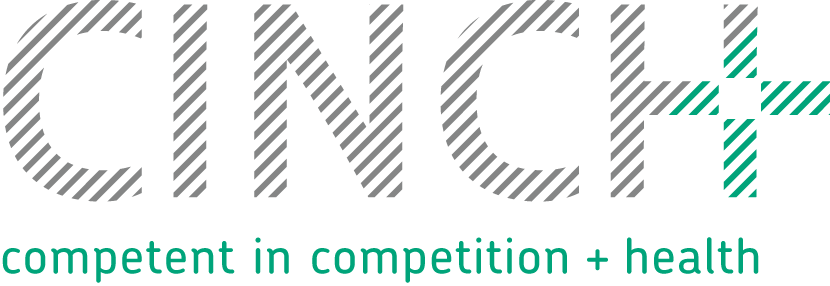Health burdens of informal care provision and the role of formal home care services: the case of Belgium
Health burdens of informal care provision and the role of formal home care services: the case of Belgium
We investigate with the Belgian data whether elderly caregivers' morbidity increases with the intensity of their involvement. We estimate the effect of different intensities of treatment (i.e. care provision) by combining regression adjustment and inverse probability weighting techniques. In addition, we test whether formal home-based care reduces an elderly patient's intensive dependency on informal supports. We estimate quantile-specific effects of paid medical and non-medical services on informal care. The unconditional quantile regression is implemented where two treatment variables are instrumented by a patient's insurance status and certain macro indicators. Our results show that daily or weekly informal caregiving leads to higher risk of hypertension, heart disease, diabetes and depression. Such an adverse effect is also exhibited in terms of the number of doctor visits and medications. Finally, our results indicate that paid non-medical services can substitute intensive informal care.

